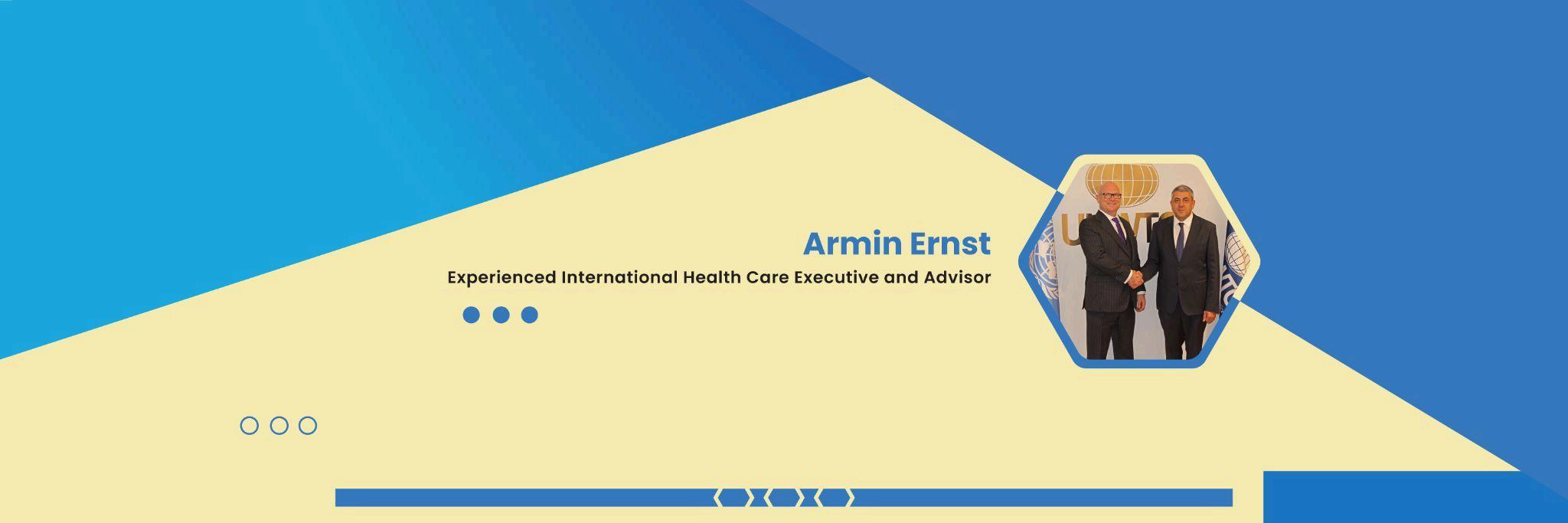Navigating Multinational Healthcare Management by Armin Ernst

Managing healthcare operations across borders demands a blend of cultural insight, regulatory savvy, and strategic coordination. In the world of multinational healthcare management, leaders must balance patient care standards with local regulations while driving operational efficiency This article explores the key components of successful multinational healthcare management and offers actionable strategies for healthcare executives, as suggested by Armin Ernst
First, understanding global regulatory landscapes is essential. Each country enforces unique healthcare policies, licensing requirements, and quality standards. Effective multinational healthcare management hinges on building a dedicated compliance team that stays abreast of evolving regulations By implementing a centralized knowledge hub, organizations can disseminate regulatory updates in real time, reducing the risk of non-compliance and safeguarding patient safety.
Next, cultural competence plays a pivotal role in patient engagement and staff collaboration. Multinational healthcare management teams should invest in cross-cultural training programs to bridge communication gaps and respect local customs For instance, patient consent processes may differ significantly between regions; adapting communication materials to local languages and cultural nuances enhances trust and improves clinical outcomes.
Technology integration drives efficiency in multinational healthcare management. Deploying interoperable electronic health record (EHR) systems allows seamless data exchange across
facilities, ensuring continuity of care for patients on the move Cloud-based platforms enable secure access to medical records, analytics dashboards, and telemedicine services, reducing administrative burdens and enhancing decision-making capabilities
Workforce optimization is another cornerstone of global healthcare operations. Multinational healthcare management teams must navigate international recruitment, credential verification, and visa regulations. Partnering with local staffing agencies and leveraging digital credentialing tools can streamline hiring processes and ensure that clinical teams meet requisite professional standards Ongoing professional development delivered through e-learning platforms helps maintain consistent care quality across all locations.
Finally, fostering a unified organizational culture underpins success in multinational healthcare management. Regular virtual town halls, global leadership rotations, and international mentorship programs create a sense of belonging among geographically dispersed teams Sharing best practices from different regions encourages innovation and continuous improvement.
The complexity of multinational healthcare management demands a strategic approach that integrates regulatory compliance, cultural competence, technological innovation, workforce optimization, and organizational cohesion. By focusing on these core areas, healthcare organizations can deliver high-quality patient care on a global scale while maintaining operational resilience and adaptability
